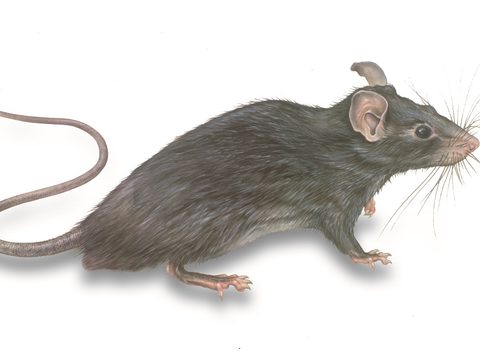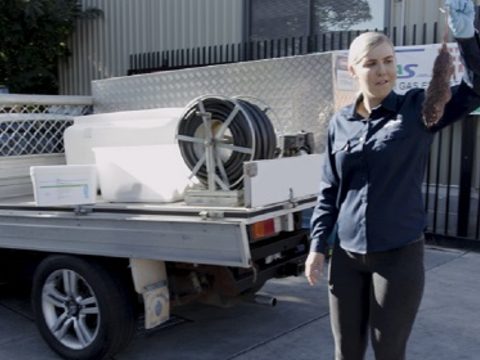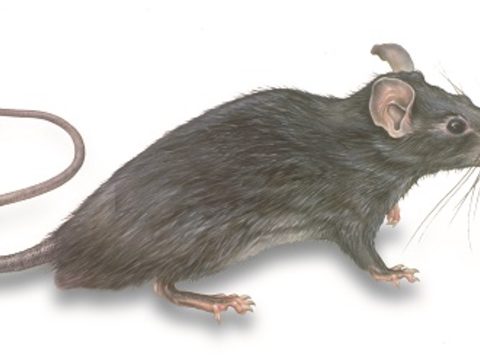Syngenta to highlight the importance of safe use of rodenticides as the APVMA reviews first- and second-generation anticoagulants
Syngenta welcomes the opportunity to participate in the Australian Pesticides and Veterinary Medicines Authority’s (APMVA) review of first- and second-generation anticoagulant rodenticides and will highlight the importance of safe use of this crucial product.
Rodents that are not native to Australia can cause serious problems to humans and the environment. This year’s mouse plague has seen unprecedented damage to property, structures and possessions with reports of mice being found in baby’s rooms, underwear drawers, kitchens and supermarkets in regional and rural towns across Australia. They have no equal as global pests of public health, as threats to the welfare of domesticated animals and wildlife, and as threats to food safety and security.
Rodents are known to transmit highly contagious diseases to humans and animals, destroy field crops as well as harvested stores, and chew through electrical wires and structures causing financial damage and loss of services. The use of rodenticides that are proven to work has been crucial in the protection of human health and safety.
The potential for introduced rodents to devastate native wildlife is lesser known but is highlighted by the situation in the Big South Cape Islands (New Zealand) from the early 60’s in which at least six native bird species were exterminated by an uncontrolled rat population in a short five-year period. Similar extinctions of birdlife related to introduced rodents have been recorded on Lord Howe Island (5 bird species extinct) and Norfolk Island (3 bird species extinct).
It is important however, that rodent baits are used according to label instructions to avoid unintended impact on animals and humans. General instructions on label includes ensuring baits are inaccessible to children, pets, domestic animals and wildlife; recording the number and location of bait placements; burying dead rats and mice following ingestion and not placing baits in locations that are accessible to pets, domestic animals, livestock or birds. Syngenta’s TALON® Rodenticide products are also restricted for use in and around buildings (within 2 m) or enclosed spaces only and the wax blocks and pellets contain a bittering agent to deter non-target species.
Syngenta takes seriously the accounts of secondary poisoning of birds and other non-target animals and is proud to support the work of biologists, conservationists, the conscientious and skilled rodenticide applicators concerned about wildlife health through our commitment to the Campaign for Responsible Rodenticide Use and other product stewardship programs.
As a member of the Australian Environmental Pest Managers Association, and an advisor to their rodent code of practice / responsible use of rodenticides, Syngenta recommend professional pest controllers make use of common integrated pest management (IPM) approaches such as inspection, monitoring, exclusion and sanitation before considering the use of rodenticide products.
While environmental concerns should properly occupy the attention of us all, a realistic risk/benefit climate must prevail. Syngenta will continue our support of monitoring programs and stewardship efforts in order to ensure the safety of rodenticide use to non-target animals and to ensure the continued responsible use of the world’s most effective rodenticide.




